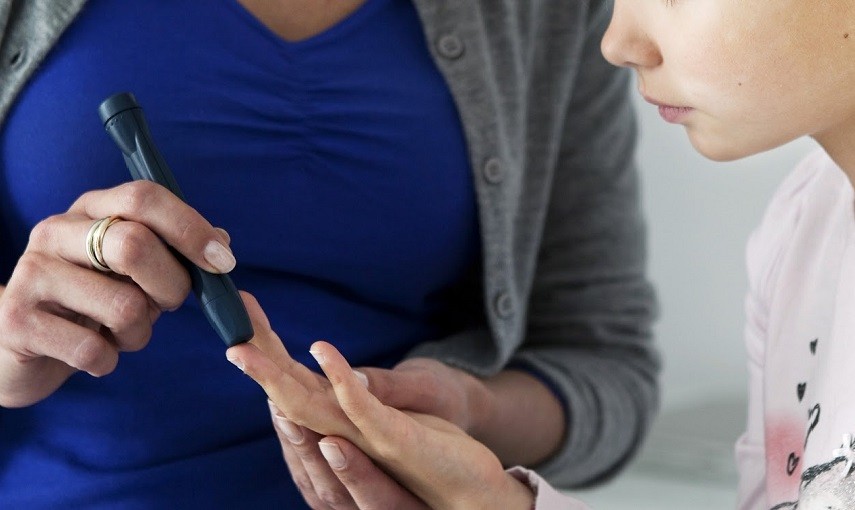The San Raffaele researchers have demonstrated how it is possible to make induced pluripotent stem cells (iPSC) and the insulin-secreting cells (β cells) derived from them invisible to the immune system, through genetic engineering techniques.
For the type 1 diabetes, also called “the silent pandemic of the new millennium”, a new era begins. If until a few years ago we were looking for the boundary between myth and reality, today we can finally say that 2023 could mark the turning point, after the regulatory agencies of six European countries, including Italy, have evaluated the applications to start the first trials with pluripotent stem cell therapies. The latter are found in the embryo, fetus, placenta and umbilical cord, and have gained considerable attention in the last decade as a potentially unlimited source of therapeutically relevant cells for regenerative medicine.
However the clinical application has to address some specific problems of the disease. Notably, although patients with type 1 diabetes (T1D) may benefit from therapies based on insulin-producing cells derived from autologous iPSCsthe presence of autoimmune responses represents a significant obstacle. A study conducted in collaboration with the Viral Transmission and Evolution Unit of St. Raphaeland with theSan Raffaele Telethon Institute for Gene Therapy (SR-Tiget)has given important answers, which could change the fate of type 1 diabetes forever.
How can stem cells change the fate of patients with type 1 diabetes? He explains it Stephanie Fumarolabiologist and scientific director of Faith in Science: “Cord blood stem cells are unique because they not only have the ability to develop into other cell types, but they are also immunotolerant, meaning they are less likely to provoke an immune response. They contain an increased number of regulatory T cells, a specific type of white blood cell that helps keep the immune system in balance. This makes cord blood stem cells potentially useful for treating diseases where the immune system has gone ‘gone astray’, such as type 1 diabetes.
The researchers of San Raffaele, coordinated by professor Lorenzo Piedmontdirector of the Diabetes Research Institute (DRI) of San Raffaele, have demonstrated how it is possible to make induced pluripotent stem cells (iPSC) and insulin-secreting cells (β cells) derived from them, through techniques of genetic engineering. An important step forward in the field of regenerative medicine and the use of iPSCs for the treatment of type 1 diabetes, hindered up to now by the auto-immune response typical of the disease.
But that is not all. In fact, the lives of people with type 1 diabetes could completely change for the better thanks to a new stem cell therapy (presented by ViaCyte at ENDO 2022, the annual meeting of the Endocrine Society) which would be able to create a “pancreas replacement”helping patients adjust their blood sugar levels.
This could end the need for some people to inject themselves with insulin, according to researchers at the Endocrine Society. Indeed the pancreas of people with type 1 diabetes produces little insulin, but called therapy PEC-Direct could be an alternative. People who have used this treatment have seen increases in the production of peptide Ca substance that the pancreas produces together with insulin.
C-peptide and insulin are released from the pancreas in approximately equal amounts. This means that C-peptide measurement can show how much insulin the body is producing. It is the first time that substantial increases in C-peptide have been demonstrated in type 1 diabetics using stem cell therapy.
Nurse Times editorial team
Stay up to date with Nurse Times, follow us on:
Telegram – https://t.me/NurseTimes_Channel
Instagram – https://www.instagram.com/nursetimes.it/
Facebook – https://www.facebook.com/NurseTimes. NT
Twitter –
